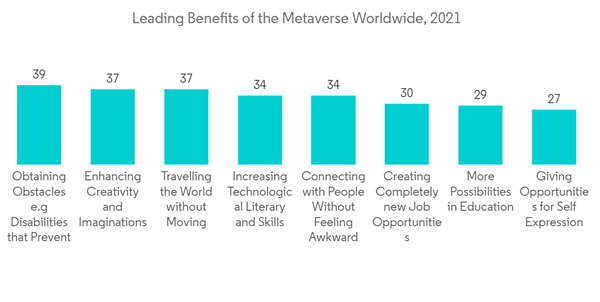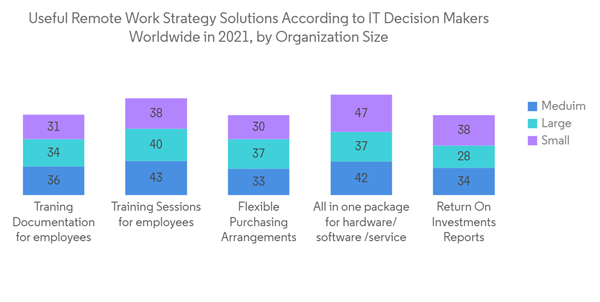Employers and employees experienced confusion and uncertainty due to the COVID-19 pandemic, which had no apparent end in sight. Much of 2020 and the first half of 2021 saw HR operating in crisis mode, trying to figure out how to allow workers to work from home, offer greater mental and physical health care, and work harder than ever on C-level plans to keep their businesses running. The function of HR has fundamentally changed as businesses adapt to a new normal and the dust continues to settle. Although the HR department still oversees employee performance, productivity, and efficiency, its bigger task is to comprehend the difficulties that individuals face both at and outside the workplace.
Human resources specialists handle issues or demands involving people who develop inside a business. They frequently oversee hiring, firing, onboarding new personnel, and the orientation process to get staff members settled into their new responsibilities.
Determining what is successful throughout the crisis of COVID-19 and building on it to gain a competitive edge are key roles that HR can play. For example, a business downsizing its headquarters and setting up regional hubs that may access new talent pools. In such a case, HR would have to determine how the hubs and the headquarters would collaborate, how the work would be organized, etc. What kinds of systems and processes need to be put in place to enable efficient workflows and communications is what HR Professionals determine a crucial factor.
HR Professional Services Market Trends
Working in Meta Verse is Driving the Market
The metaverse workplace will soon be commonplace, thanks to technological advancements. However, how does that operate? The metaverse workplace provides virtual reality settings so you can do business from anywhere in the world while working in a personalized, immersive environment. Within the metaverse, we create digital workstations so employees can do their work independently. The use of digital avatars also enables interactions and real-world experiences. 25% of individuals will spend at least one hour each day in the metaverse in the next five years, according to Gartner. This suggests that some of these initiatives, such as virtual events, employee onboarding, career fairs, and meetings, will be launched by the biggest companies in this field in 2023. The metaverse may also be used for workplace education and training. By putting USD 150 million towards developing an immersive learning ecosystem, Meta hopes to increase access to education in the metaverse.To employ technology effectively, the firm needs the assistance of HR. To ensure wholesome metaverse working procedures, they will need to create new hybrid working policies and train leaders to lead in this new setting. Do not do anything online that you would not do at your regular job; that should always be the golden rule. It also gives HR a rare chance to create the (virtual) workspace outside the conventional, frequently uninspired office setting.
Redefining Remote and Hybrid Work Strategies can Transform the HR Services Market
Work has changed throughout the pandemic. According to McKinsey, the pandemic has sped up digital transformation in businesses by three to four years. Many companies need to be aware of this and continue employing antiquated strategies that once made sense. For instance, 95% of CEOs believe that maintaining the workplace culture requires retaining employees on staff. A nature human behavior study also revealed that Microsoft employees' collaboration declined by 25% and became more compartmentalized in a remote setting compared to pre-pandemic levels.Despite this, 64% of employees claimed that they might consider quitting if they had to work at the office full-time. The culture of the modern workplace has been influenced by hybrid working. As firms explore various workplace tactics, they will facilitate internal discussions about this issue and encourage their organization to make decisions, even if they are only temporary.
HR Professional Services Market Competitor Analysis
The global HR professional services market is moderately fragmented, with major vendors, including SAP SE, Oracle Corporation, and IBM Corporation. The vendors are improving their product line by utilizing smart joint ventures and acquisitions as a competitive advantage to increase their customer base and capture market share.Additional Benefits:
- The market estimate (ME) sheet in Excel format
- 3 months of analyst support
Table of Contents
Companies Mentioned (Partial List)
A selection of companies mentioned in this report includes, but is not limited to:
- Oracle Corporation
- IBM Corporation
- ADP Inc.
- SAP SE
- Ultimate Software
- Workday Inc.
- Bain and Company
- Baker HR
- Corner Stone On Demand
- Helios HR










